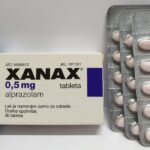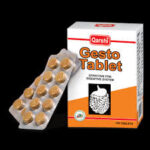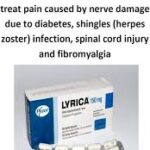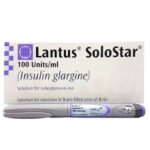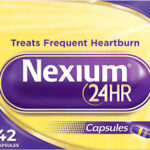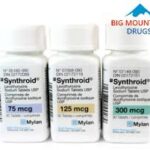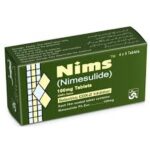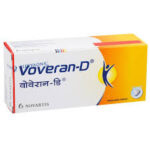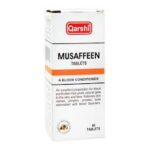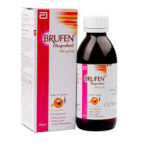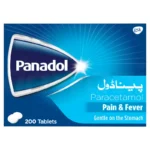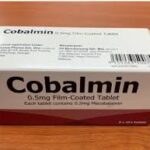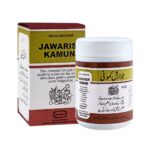Cobolmin is a brand name for a medication that contains vitamin B12 (cobalamin), an essential nutrient that plays a crucial role in maintaining nerve health, producing red blood cells, and synthesizing DNA. Vitamin B12 is vital for the proper functioning of the brain, nerves, and blood cells. Here’s a detailed description:
- Appearance: Cobolmin is typically available in tablet, capsule, or injectable forms. The tablets and capsules are usually small, round, or oval-shaped, and may come in various colors depending on the manufacturer. The injectable form is a clear, colorless to slightly red liquid.
- Composition: Cobolmin contains cyanocobalamin or methylcobalamin, which are different forms of vitamin B12. The dosage can vary, with common strengths ranging from 500 mcg to 1500 mcg per tablet or injection. Inactive ingredients in the tablet form may include binders, fillers, and coloring agents.
- Mechanism of Action: Vitamin B12 is essential for the production of myelin, the protective sheath around nerves, and for the formation of red blood cells in the bone marrow. It also plays a role in DNA synthesis and the metabolism of fats and carbohydrates.
- Indications: Cobolmin is used to treat or prevent vitamin B12 deficiency, which can occur due to dietary insufficiency, malabsorption syndromes (such as pernicious anemia), certain medical conditions (like Crohn’s disease), or the use of specific medications (such as metformin). It is also used in the management of certain neurological disorders and to improve energy levels in individuals with B12 deficiency.
- Dosage: The dosage of Cobolmin depends on the condition being treated and the patient’s response to therapy. For deficiency, oral tablets may be taken daily, while severe deficiencies might require intramuscular injections administered by a healthcare professional, often weekly at first, then monthly.
- Side Effects: Cobolmin is generally well-tolerated, but some individuals may experience side effects, including mild diarrhea, nausea, or a feeling of swelling in the entire body. Rarely, more serious allergic reactions can occur, such as rash, itching, swelling (especially of the face, tongue, or throat), severe dizziness, or difficulty breathing.
- Precautions: Before taking Cobolmin, patients should inform their healthcare provider if they have any allergies, especially to cobalamin or cobalt. It should also be used cautiously in people with a history of optic nerve damage (Leber’s disease) or in those with kidney or liver disease.
- Interactions: Cobolmin may interact with certain medications, such as chloramphenicol (an antibiotic), proton pump inhibitors, and metformin, potentially reducing its effectiveness. It’s important to discuss all medications and supplements being taken with a healthcare provider.
- Administration: Cobolmin tablets are usually taken orally, with or without food, and should be swallowed whole. The injectable form should only be administered by a healthcare professional. It’s important to follow the prescribed dosage and schedule to ensure effectiveness.
Cobolmin is an essential supplement for individuals at risk of or suffering from vitamin B12 deficiency. Regular use under medical supervision can help prevent and treat related health issues, ensuring the maintenance of proper neurological function, red blood cell production, and overall well-being.
4o





